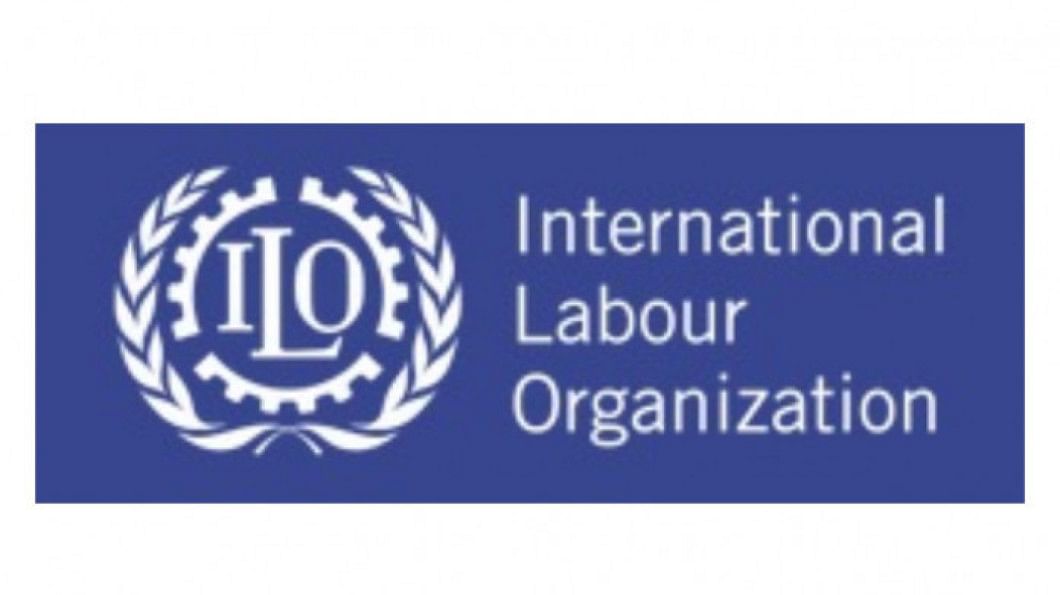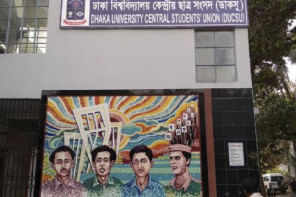ILO-IFC programme helps brighten garment sector’s image

Readymade garment factories enlisted under the Better Work Bangladesh (BWB) programme undergo fewer social audits compared to non-BWB units, resulting in significant savings in both time and costs.
Babylon Group, which operates four garment factories, both knit and woven, previously faced an average of a dozen social audits per factory annually.
However, after enrolling in the BWB programme, that number has dropped to seven or eight, said Rubaet Bin Aziz, group general manager for HR, admin and compliance at Babylon Garments Ltd.
This reduction in audits saves about Tk 10 million annually, along with considerable time, he said while speaking to reporters during a media visit to Babylon Garments Ltd in Mirpur today.
Three of Babylon Group's factories have been part of the Better Work programme for the past seven years.
The media visit, organised by BWB, aimed to showcase how effective social dialogue and grievance mechanisms can foster harmonious worker-employer relations, contributing to stable industrial relations that benefit both the economy and worker well-being.
Better Work is a flagship programme of the International Labour Organization (ILO) and the International Finance Corporation (IFC).
It collaborates with governments, employers, workers, and global brands to improve working conditions and competitiveness in the garment industry.
The programme was launched in Bangladesh in 2015.
Currently, around 490 factories are enrolled, impacting approximately 1.3 million workers — 51 percent of whom are women, said Syed Fazle Niaz, team leader of the BWB programme.
Nasrin Akter, a senior operator and president of the Babylon Garments Workers Union, said workers bring their demands to the union, which then negotiates with management.
The factory management announced a 10-day Eid holiday for Eid-ul-Azha on May 12 in line with workers' demands — two weeks before the apparel apex body, the Bangladesh Garment Manufacturers and Exporters Association, advised its members to announce a maximum of 10 days for Eid holidays, she said.
Rubaet also said they were committed to a fair workplace, supported by a strong governance system that promotes open workplace dialogue.
This system empowers their registered trade union, fostering growth and ownership, he said.
"Over time, it has become a vital bridge between our associates (workers) and leadership (management). When associates see their ideas — often shared through the trade union — valued and turned into positive change, it builds a real sense of collective ownership.
"Our trade union's impact, especially in tough situations, reflects this empowerment and our belief: when a team takes ownership of its problems, the problem gets solved."
Through BWB's capacity development programmes, their trade union leaders have developed stronger critical thinking, positive debating, and active listening skills, he added.
This has significantly boosted their ability to clearly represent workers' voices, thereby improving communication across all levels at their company.
The BWB programme team leader Niaz said trade unions serve as a vital communication channel through which workers can express their grievances and concerns to employers in a democratic manner.
Thus, trade unions contribute to business sustainability, he added.

 For all latest news, follow The Daily Star's Google News channel.
For all latest news, follow The Daily Star's Google News channel. 



Comments